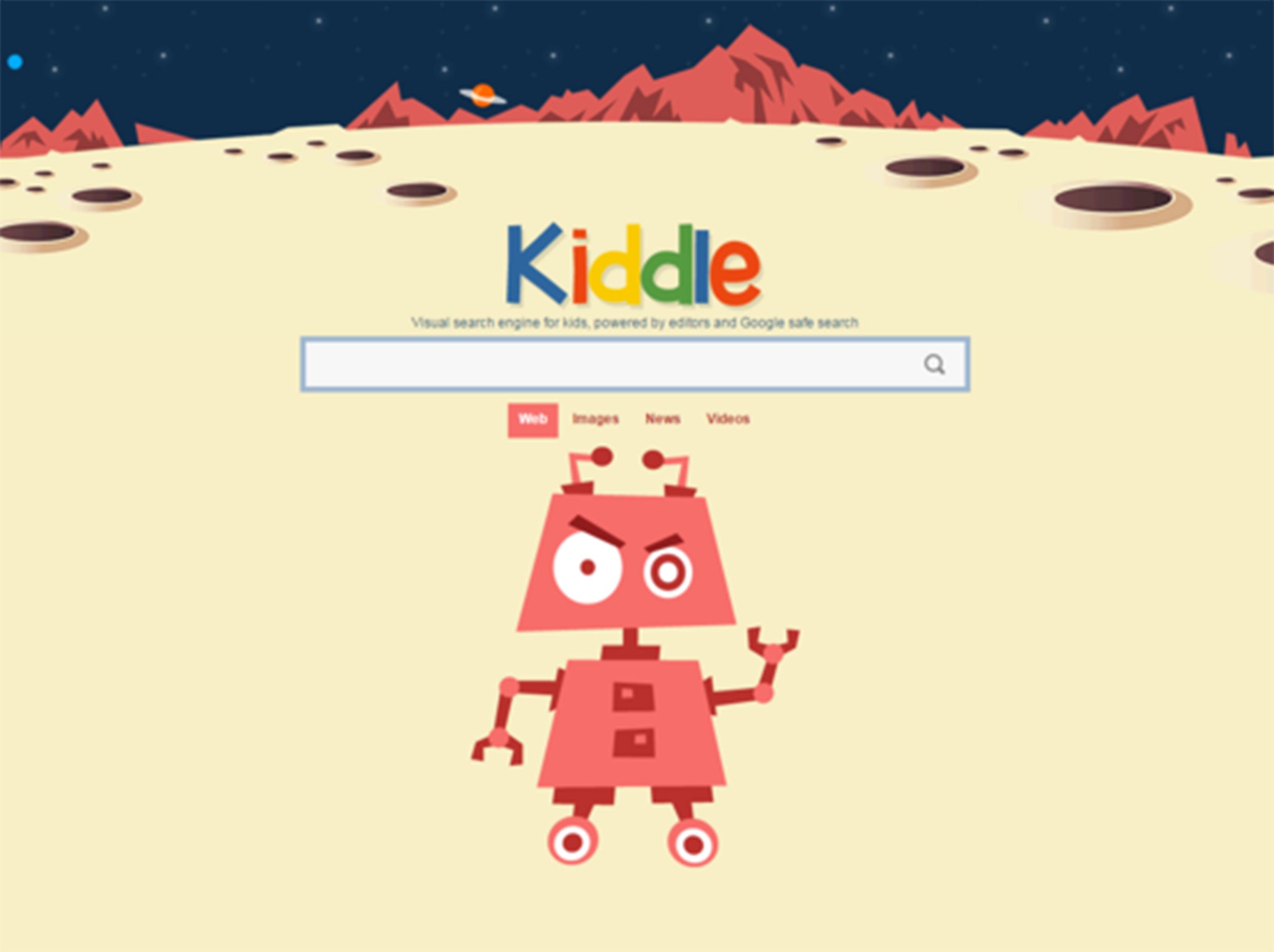Kiddle: Child-friendly, Google-powered search site bans words including 'bisexual' and 'transgender'
The site — which is not affiliated to Google — is intended to help children navigate the internet, but could be cutting them off from important advice and support

Your support helps us to tell the story
From reproductive rights to climate change to Big Tech, The Independent is on the ground when the story is developing. Whether it's investigating the financials of Elon Musk's pro-Trump PAC or producing our latest documentary, 'The A Word', which shines a light on the American women fighting for reproductive rights, we know how important it is to parse out the facts from the messaging.
At such a critical moment in US history, we need reporters on the ground. Your donation allows us to keep sending journalists to speak to both sides of the story.
The Independent is trusted by Americans across the entire political spectrum. And unlike many other quality news outlets, we choose not to lock Americans out of our reporting and analysis with paywalls. We believe quality journalism should be available to everyone, paid for by those who can afford it.
Your support makes all the difference.A new search engine aimed at children blocks words such as “bisexual” and “transgender” and says that they are “bad words”.
The search engine uses Google’s technology by allowing people to search in a custom Google search bar. But it is meant to keep children safe, by excluding words that could be damaging to children.
Many of those words lead to pages that could be useful to children, however. And sites related to sexuality, gender and other important topics are still being missed.
The site also still allows people to see adult content when searching for words like Pamela Anderson, and does not filter a story about a Danish radio host killing a rabbit.
The site says that its search results “are either handpicked and checked by our editors or filtered by Google safe search”. That process means that people “get kid-oriented results without any explicit content”.
If the site finds “bad words”, then the “guard robot” will pop up and warn children, the site says.
But that same warning comes up for a range of inoffensive — and often important — terms.
It could be that those terms are often used as categories within pornographic sites. But that does not appear to be the primary way that they are shown or used in Google, with both offering a combination of help, support and news when searching for them.
A Google search for “bisexual” shows up pages helping people understand their sexuality, a Wikipedia page about what the word means, and articles about media and scientific understandings of bisexuality.
It could also be that bisexuality is being banned because it includes the letters “sex” in the middle. But that isn’t the case for “transgender”, which is also banned.
A search for that word shows up articles of a similar kind to that for bisexual. The top link is Wikipedia, and the rest of the first page is made up of advice from organisations like the NHS and GLAAD.
As well as filtering out words, the site uses big, clear fonts and thumbnails, added privacy and results that help decide which articles might be best for children, the site claims.
Join our commenting forum
Join thought-provoking conversations, follow other Independent readers and see their replies
Comments